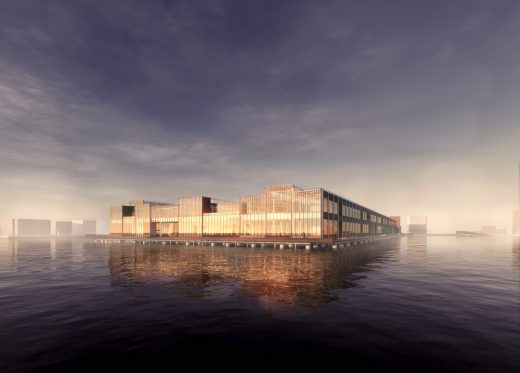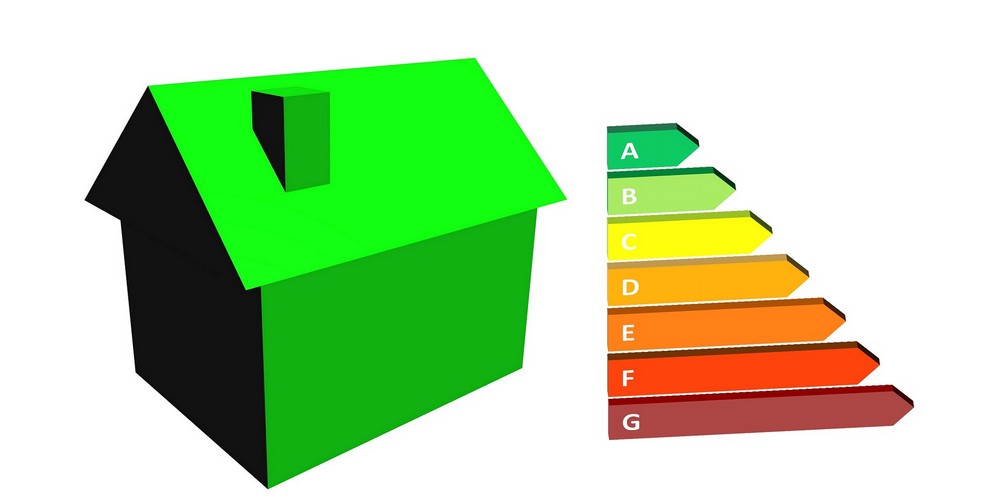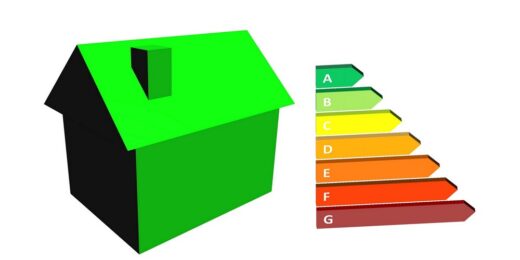Renovation ideas that can help lower energy consumption, Climate change design, Green architecture
Help Lower Energy Consumption – 5 Renovation Ideas
8 Aug 2022
5 Renovation Ideas That Can Help Lower Energy Consumption
Energy bills are a huge source of yearly spending for most households. As a result, it is not uncommon for homeowners to be looking to make improvements that can reduce how much they need to spend on electricity every year.
If you’re preparing to work on a project aimed at reducing energy usage, here are some renovation ideas that can help achieve that goal.
Help Lower Energy Consumption Renovation Guide
1 – Revamp lighting systems
One obvious way to reduce energy consumption is by getting more energy-efficient light bulbs, but overall efficiency isn’t the only factor to consider. Adding new lighting fixtures to tables, bedposts, countertops, and cabinets may help reduce how often the room’s main lamp needs to be turned on or how potent that lamp needs to be.
Light gets weaker with distance as per the inverse square law. As a result, getting the light source close to where the light is needed will usually be more efficient.
Making more use of natural light can also help reduce how much artificial light needs to be used.
2 – Replace old insulation
As a page run by an AC repair company in Houston shows, proper maintenance is needed to make sure HVAC systems function properly. And the passive elements of the system are as important as the active ones.
One subset of those passive elements is insulation. Whether you’re trying to cool down or heat up a home, the more gaps there are in the house’s insulation, the harder your HVAC systems will need to work to reach a given target temperature. And working harder requires using more energy.
That’s a problem that can be avoided by repairing and replacing a house’s old insulation.
3 – Insulate the pipes
Water heaters are also a big source of energy usage, so it’s good to make sure that energy is not being wasted. Better pipe insulation can greatly reduce how much heat is lost in between the water leaving the heater and it being used.
Often the best way to improve pipe insulation is to replace old pipes with new ones. But that is not the only option. There are plenty of renovation methods that allow professionals to add a protective layer to old pipes without having to remove them or break down any walls.
4 – Switch to double-glazed windows
Windows are a weak point in the insulation of most homes. Thin glass panels can let the heat in when you’re trying to cool down your home. Glass can also allow heat to escape when you’re trying to warm up your home. Double-glazed windows solve that problem.
The principle is simple. Rather than being a single sheet of glass, these windows are made out of two glass panels with a gap between them. That airtight gap is filled with an inert gas, which helps greatly reduce the rate of temperature transfer.
For homes with lots of windows and glass doors, switching to double-glazed can have a significant impact on energy consumption.
5 – Install some carpets
Carpets can help reduce how much heat escapes through the floor. Adding carpets to living spaces can have a noticeable impact on how hard it is to heat up those areas, especially if the carpet is placed over a hardwood floor, as it will stop hot or cold air from escaping through the gaps in the wood.
Comments on this Renovations That Can Help Lower Energy Consumption article are welcome.
Building Design
Property Articles
Design: sculpture by Gerry Judah

photo : Dan Sellers
DRIFT, Dallas, Texas sculpture by Gerry Judah
Design Architect: Schmidt Hammer Lassen Architects

image © Schmidt Hammer Lassen Architects
Commonwealth Pier Boston
Sustainable Architecture Design
Comments / photos for the 5 Renovation Ideas That Can Help Lower Energy Consumption page welcome






